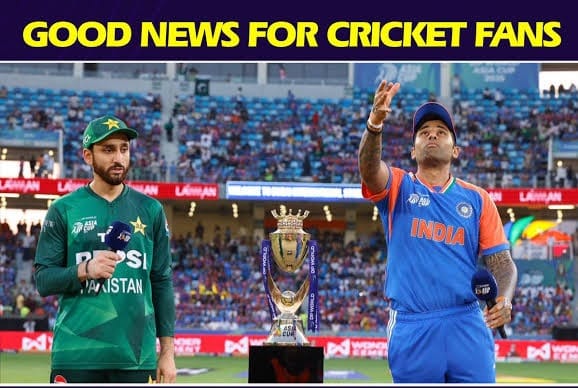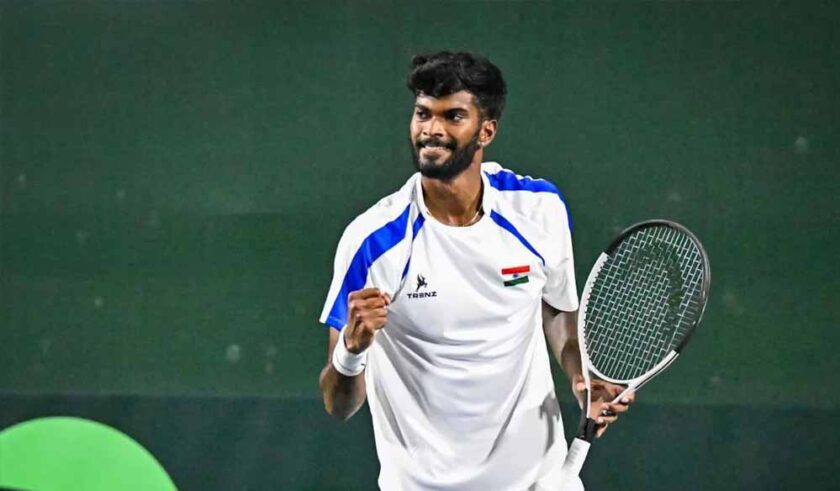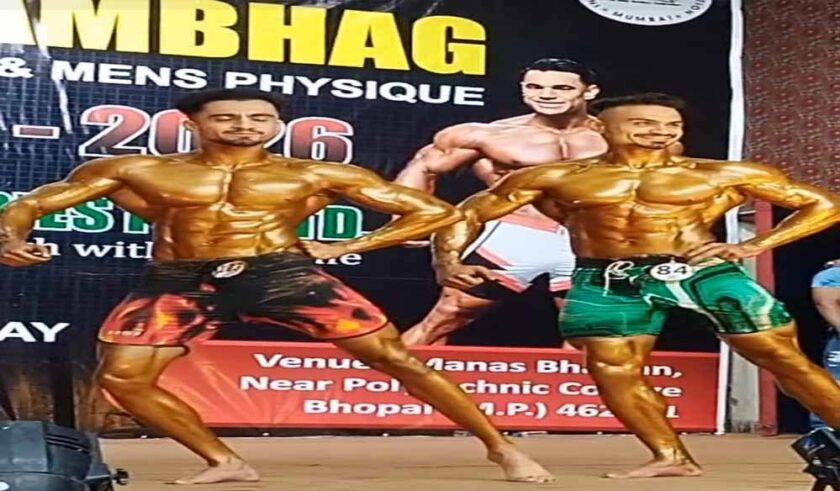Chandigarh: In an evening that blended nostalgia, admiration, and candid debate, a prominent hotel witnessed the launch of “Gunned Down: The Rise & Fall of Prithipal Singh – Indian Hockey’s Penalty King” — a powerful chronicle of the life, glory, controversies, and campus violence that ended with the tragic assassination of hockey legend Prithipal Singh at PAU in 1983. The book penned by veteran journalist Sundeep Misra, chronicles the life and times of one of India’s most iconic hockey defenders and penalty-corner specialists.
Dilip Kumar Tirkey expressed his honour in launching Sundeep Misra’s book “Gunned Down”, chronicling the life of hockey legend Prithipal Singh.
Dilip Kumar Tirkey is a former Indian hockey captain, Olympian, and current President of Hockey India. Renowned for his exceptional defensive skills and penalty corner expertise, he represented India in over 400 international matches, including three Olympics (1996, 2000, 2004). Hailing from Odisha, Tirkey is celebrated for his sportsmanship and leadership on and off the field. Post-retirement, he has contributed to hockey’s growth through administrative roles and grassroots initiatives. A recipient of several honours, including the Padma Shri, he continues to inspire future generations as a sports administrator, mentor, and advocate for Indian hockey’s resurgence.
The event brought together an illustrious gathering of sporting and literary personalities, including Harbinder Singh, Harcharan Singh Bains, Pargat Singh, Ajaib Singh Tiwana, and veteran journalist Arup Ghosh. Tirkey highlighted the book as a tribute to one of India’s greatest hockey players, whose inspiring journey and tragic end continue to resonate in the sporting community. The launch celebrated not only Prithipal Singh’s legacy but also the enduring spirit of Indian hockey and its heroes.
Late Prithipal Singh, often hailed as one of the fiercest drag-flickers of his era, was the highest goal scorer from short corners across three Olympic Games, including the triumphant Rome 1960 campaign. His angular drives were not just technically precise but carried a ferocity that turned matches in India’s favor—moments still etched in the memories of hockey enthusiasts.
The event, however, was far from a mere ceremonial tribute. It unfolded into a series of layered discussions—about Singh’s towering achievements, his uncompromising personality, his role in campus politics, and the events leading up to his untimely death.

Several speakers, including former colleagues, political associates, and former students, painted a complex portrait of Singh: a man of steel on the turf and equally unyielding off it. While some argued that his rigid stance on student factionalism earned him both admirers and adversaries, others defended his principles, calling him “uncompromising” rather than “adamant.”
The conversation also drifted into the turbulent political climate of the time, with former Punjab Student Union leaders and contemporaries recalling incidents that hinted at deep factional divides within the university setup. A particularly emotive moment came when references were made to Pyara Singh, a promising athlete whose tragic death sparked campus unrest, and whose relationship with Prithipal Singh remains a subject of differing interpretations.
Speakers candidly acknowledged that Singh’s confrontational style may have alienated some, but stressed that it was born out of a deep sense of fairness and discipline. “In another country, Prithipal would have been celebrated like Muhammad Ali,” one panelist remarked, drawing parallels between the hockey star’s defiance and the legendary boxer’s unflinching spirit.
The book launch concluded with heartfelt applause for author Sundeep Misra’s meticulous documentation of Singh’s journey—from an Olympic hero to a polarizing campus figure, and ultimately, a victim of an unresolved crime.
Even as the gathering dispersed, one sentiment resonated strongly through the evening—Prithipal Singh’s story is not merely about a sportsman’s glory but also about the complex interplay of sport, politics, and principle in a changing India.










